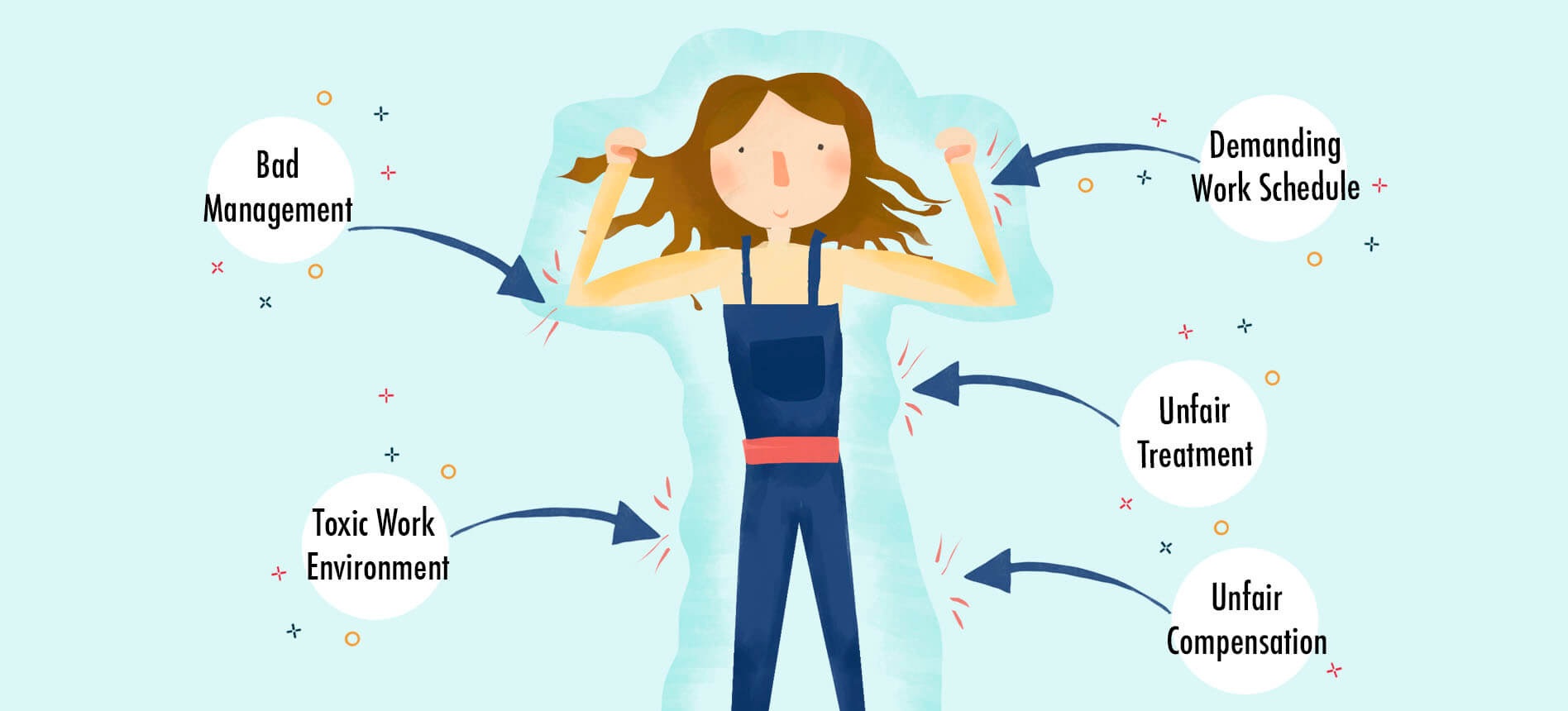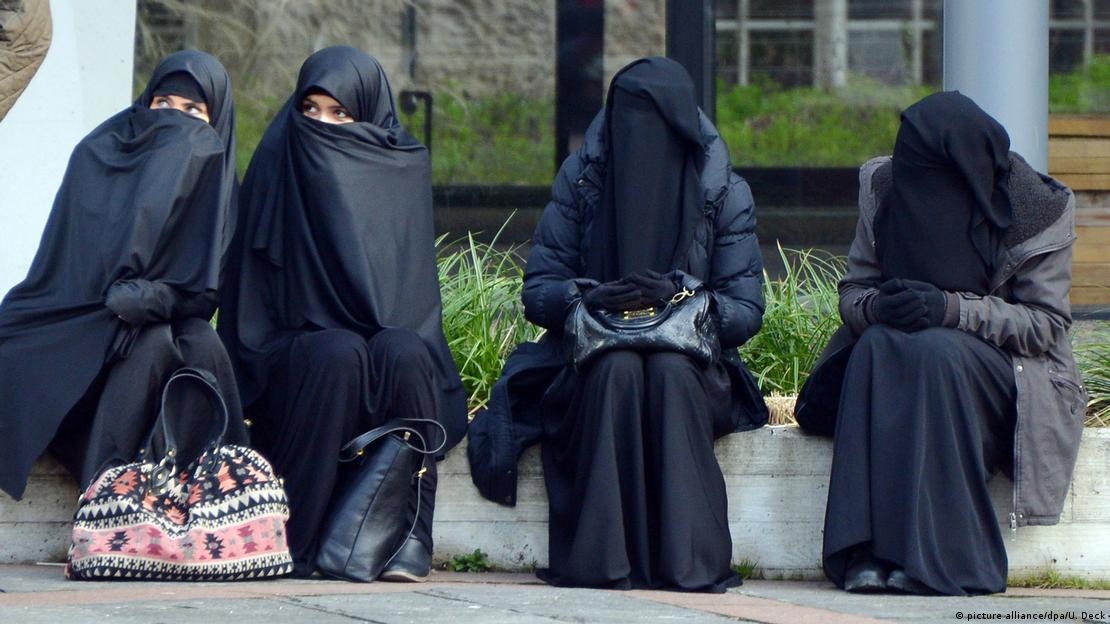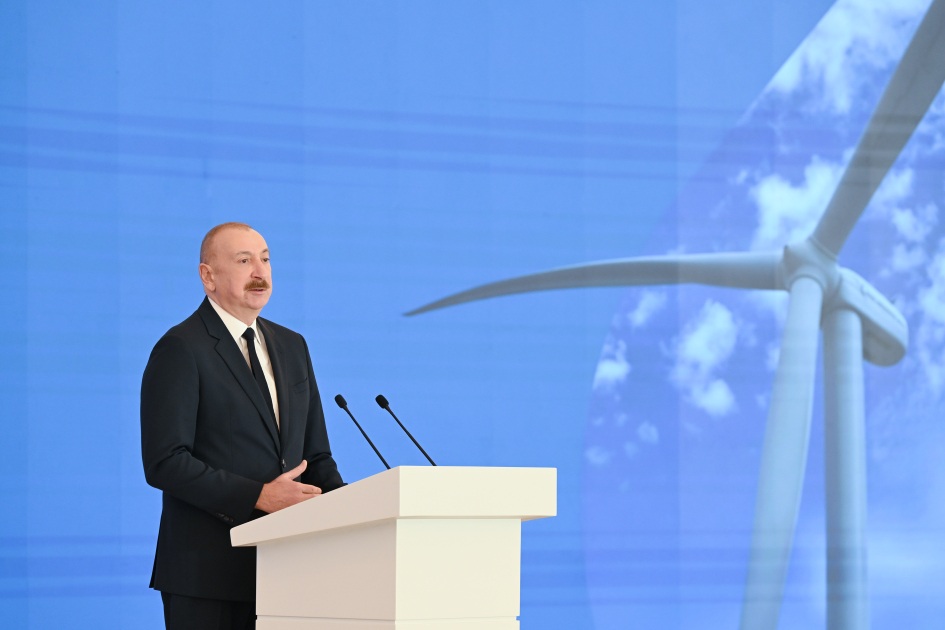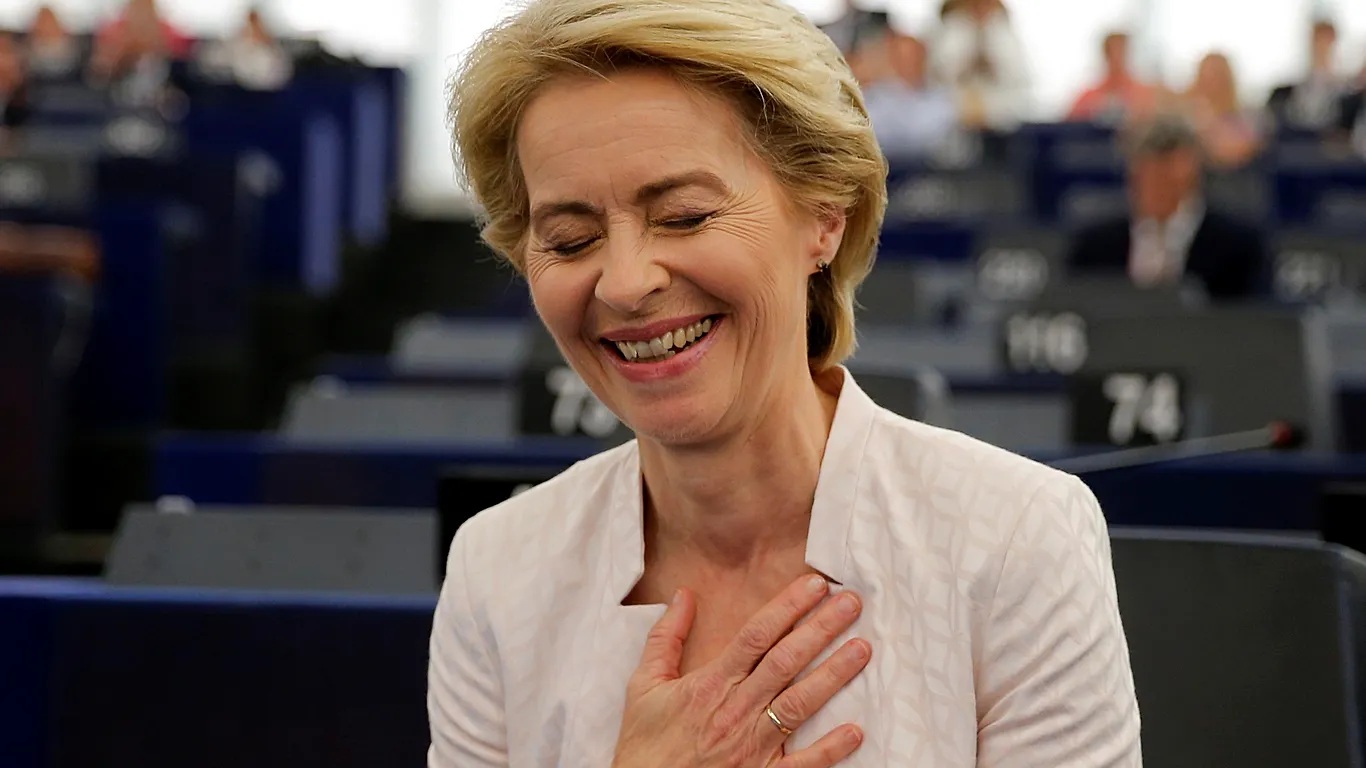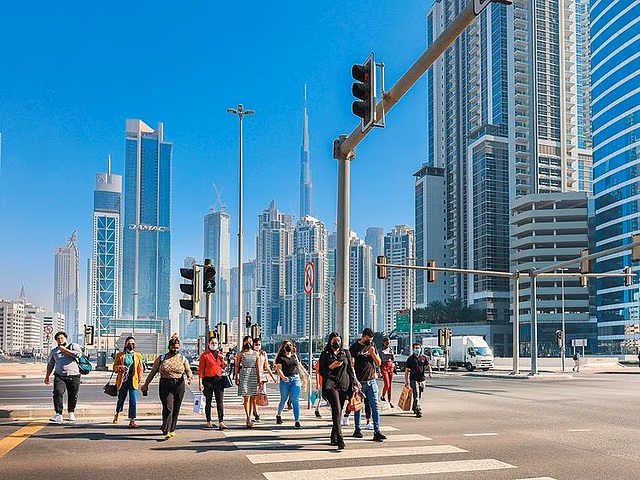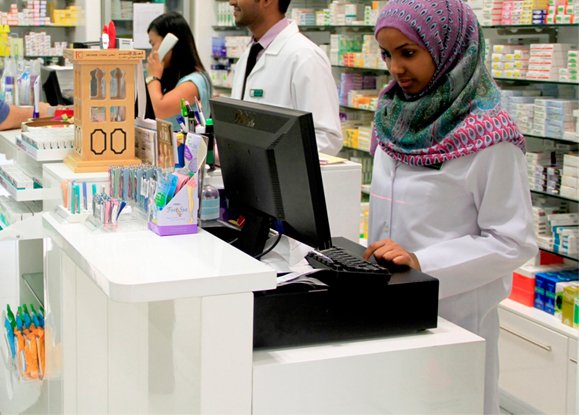
Pharmacies in Abu Dhabi have been told to dispense generic medicines to all patients and people who prefer a specific brand will have to pay the difference in price, according to a new decision by the health industry regulator.
A new regulation now mandates the dispensing of generic medicines as the first choice by pharmacies in the emirate, with the move expected to boost the local and regional pharmaceutical industry while offering customers more choices.
The regulation, circulated by the Abu Dhabi Department of Health among health care providers, pharmacies and insurance companies on July 23, will come into effect on September 1. From then on, pharmacists will have to dispense generic drugs, which are typically produced locally, to patients.
Patients who prefer medicines of a specific brand or trade name will still have the option to purchase the medication, but will have to pay the difference in price between the branded medicine and its generic variety.
To ensure efficient implementation, the department — which regulates health care in the emirate — has already reviewed the prices of drugs available on the market. According to a recent statement, it has also developed reimbursement prices that expand the patient’s medicine choices.
As per standard practice in the emirate, physicians have long been allowed to only prescribe medicines using the name of the active pharmaceutical ingredient. “This is standard international practice, and prevents physicians from promoting a particular pharmaceutical brand. In addition, different countries may have different trade names for a medicine but the active chemical substance would remain the same, thus preventing any confusion,” said Dr Mohammad Waseem Akram, director of medical affairs at Universal Hospital.
For instance, a patient requiring an antihistamine to treat his cold will receive a prescription from the physician for loratadine, the generic form of the medicine. Medicines with loratadine as the active chemical substance can be produced locally and regionally, or by patented multinational pharmaceutical companies. The new decision will, however, encourage the dispensing of medicine’s generic versions, ideally ones that are produced locally.
“Generics have the same efficacy as the originally patented medicine. One example for a generic loratadine could be Neoday, which is produced in the UAE. On the other hand, if the patient wants Clartin, (produced by the Germany-headquartered firm Bayer), they will still have the option to get it, as long as they pay the difference in the price,” explained Dr Diab Kurdi, head of pharmacy at Burjeel Hospital.
The difference in price between a brand name medicine produced abroad and the generic form of the drug could be as much as 70 per cent, Dr Kurdi noted. “Many patients have to co-pay a certain amount for their prescribed medications, so opting for the generic drug will reduce their expenses. It will also reduce the outlay by insurance providers and encourage local pharmaceutical production and innovation,” he added.
As the department announced in its statement on the decision, dispensing of generic drugs will “open new prospects for broadening the horizons of the local pharmaceutical industry”.
At the same time, some drugs will still be dispensed in their patented form and are excluded from the department’s list of mandated generics, including single source medicines and those with narrow therapeutic windows. “Single source medicines are those that are still under patent and therefore available only from one company, such as the biological medicine Enbrel that is used for the treatment of rheumatoid arthritis,” Dr Kurdi explained.
On the other hand, drugs with narrow therapeutic windows can become toxic or ineffective with small differences in concentration, and their generic variations, when and if available, are usually deemed unsafe.
Generic vs brand medicines
A generic drug is a pharmaceutical drug that has the same chemical substance as the originally developed and patented innovating drug. Generic drugs are allowed for sale after patents on the original drugs have expired. Because the active chemical substance is the same, a generic medicine is believed to have the same level of efficacy as the patented medication. It may, however, differ in manufacturing process, formulation, colour, taste and packaging.
A brand name drug is produced by a particular company. With reference to this decision by the Department of Health, these brand name medicines are those that are typically produced abroad.
Spource: Gulf News
